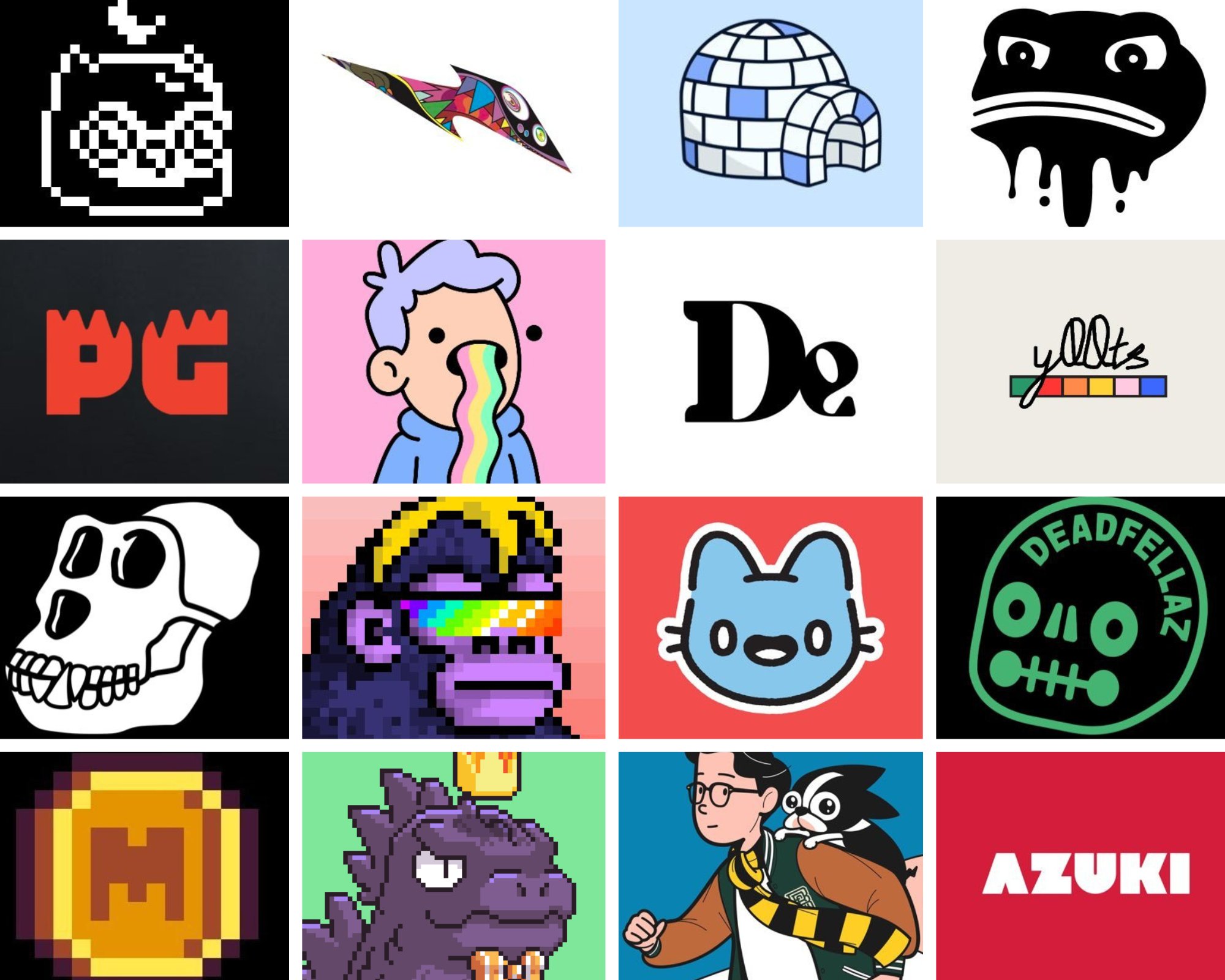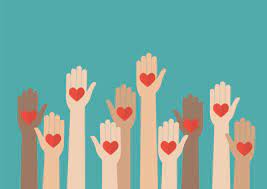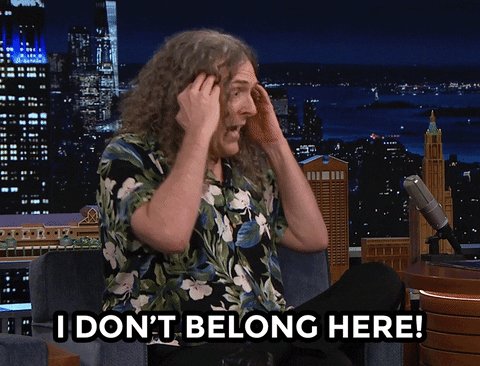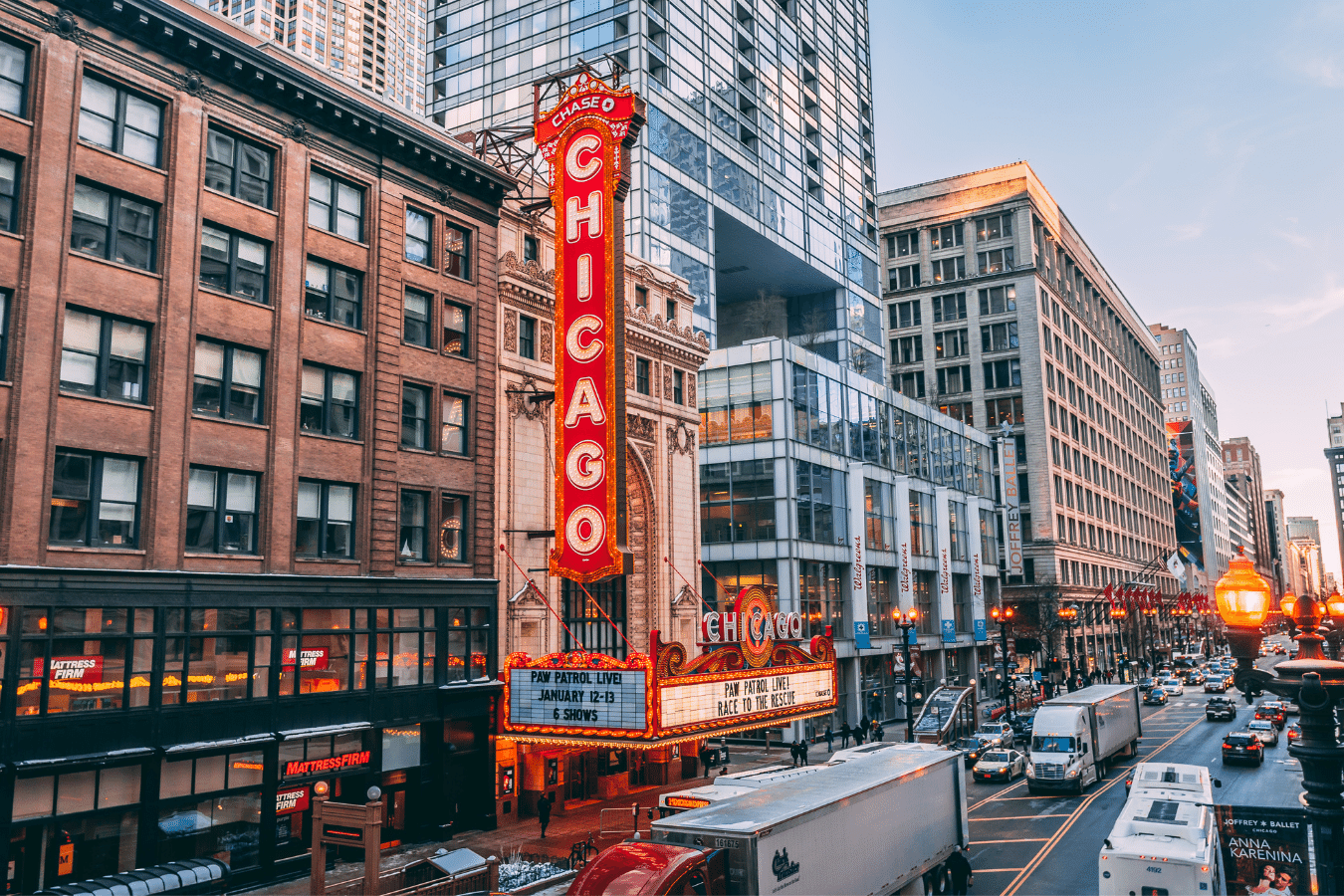Thread
What is culture?
You have definitely heard about the word "Culture" in the space.
You may have your own definition on culture.
This is my definition, "Cultures are groups of people who come together around a common set of values and beliefs."
(2/17)
You have definitely heard about the word "Culture" in the space.
You may have your own definition on culture.
This is my definition, "Cultures are groups of people who come together around a common set of values and beliefs."
(2/17)
And I believe that we have one main culture (The whole NFT space) and many sub-cultures (NFT projects) where each sub-culture has their own values, beliefs or...
"What does your brand optimize for"? - @LucaNetz
(3/17)
"What does your brand optimize for"? - @LucaNetz
(3/17)
Does optimize mean culture?
Firstly, let's break down what Luca meant:
- Optimization for a brand refers to the primary target audience they aim to provide to their users.
- Their products, services, and marketing efforts are tailored to appeal to those specific groups.
(4/17)
Firstly, let's break down what Luca meant:
- Optimization for a brand refers to the primary target audience they aim to provide to their users.
- Their products, services, and marketing efforts are tailored to appeal to those specific groups.
(4/17)
For an NFT project, optimization could mean focusing on a specific niche or user group A.K.A. culture.
(5/17)
(5/17)
So which NFT project has the best culture?
There is no right answer for this.
You may argue that projects with the higher floor price has the "better" culture but floor price isn't determined solely on culture, holder's expectations, holder treatment, etc plays a part.
(6/17)
There is no right answer for this.
You may argue that projects with the higher floor price has the "better" culture but floor price isn't determined solely on culture, holder's expectations, holder treatment, etc plays a part.
(6/17)
So why is culture important?
It helps holders find a project that fits them.
What do I mean by that, let me explain using cities:
Many people are drawn to New York, lured by its glamour and perceived opportunities.
(7/17)
It helps holders find a project that fits them.
What do I mean by that, let me explain using cities:
Many people are drawn to New York, lured by its glamour and perceived opportunities.
(7/17)
However, not all considers if they will fit into the city's culture before moving.
While some succeed, many others struggle to find a suitable job.
These individuals aren't necessarily lacking in skills or work ethic; they're simply not the right fit.
(8/17)
While some succeed, many others struggle to find a suitable job.
These individuals aren't necessarily lacking in skills or work ethic; they're simply not the right fit.
(8/17)
Those who relocate to cities where they better fit, such as Chicago or San Francisco, often find greater happiness and success.
New York isn't inherently superior to other cities; it's just not suitable for everyone.
Same goes for NFT projects.
(9/17)
New York isn't inherently superior to other cities; it's just not suitable for everyone.
Same goes for NFT projects.
(9/17)
We do better in cultures in which we are good fits.
We do better in places that reflect our own values and beliefs.
(10/17)
We do better in places that reflect our own values and beliefs.
(10/17)
Now consider what an NFT project is. Its a culture. A group of people brought together around a common set of values and beliefs.
It's not products or services that bind a project together.
(11/17)
It's not products or services that bind a project together.
(11/17)
It's not size and might that make a project strong, it's the culture—the strong sense of beliefs and values that everyone, from the founder to the holders, all share.
Its culture that shapes, builds and brings new people into the community.
(12/17)
Its culture that shapes, builds and brings new people into the community.
(12/17)
After knowing more about the psychology of culture and the importance of being in the right culture, what's next?
For founders:
You have to know what your project's culture is? Who your brand optimizes for?
Answer Luca's question below.
(13/16)
For founders:
You have to know what your project's culture is? Who your brand optimizes for?
Answer Luca's question below.
(13/16)
Once you have a clear understanding of it, make it clear to your holders, make it clear to the public.
Because for your project to grow, you need exposure and one of the best way to get more exposure is to have people use your NFT as their PFP on social medias.
(14/17)
Because for your project to grow, you need exposure and one of the best way to get more exposure is to have people use your NFT as their PFP on social medias.
(14/17)
And in order to make people want to use it as their PFP, you need to make it clear to your holders your project's WHY, your project's culture in order to align your values and beliefs with your holders' values and beliefs which creates trust and a strong community.
(15/17)
(15/17)
If you are having troubles to find out your project's culture.
Think about your WHY, WHY did you start your project?
When you have figured out your WHY, the rest will come to you.
(16/17)
Think about your WHY, WHY did you start your project?
When you have figured out your WHY, the rest will come to you.
(16/17)
For holders:
Know your own values & beliefs and find out other projects' values & beliefs so that you can find the one which best fits you.
You will naturally thrive in those communities because your values & beliefs align with align.
(17/17)
Know your own values & beliefs and find out other projects' values & beliefs so that you can find the one which best fits you.
You will naturally thrive in those communities because your values & beliefs align with align.
(17/17)
I hope you've found this thread helpful.
Follow me @NFT_JYP for more.
Like/Retweet the first tweet below if you can:
Follow me @NFT_JYP for more.
Like/Retweet the first tweet below if you can:
Mentions
See All
Fatboy @Fatboy_4866
·
Apr 24, 2023
Great thread mate 👌





